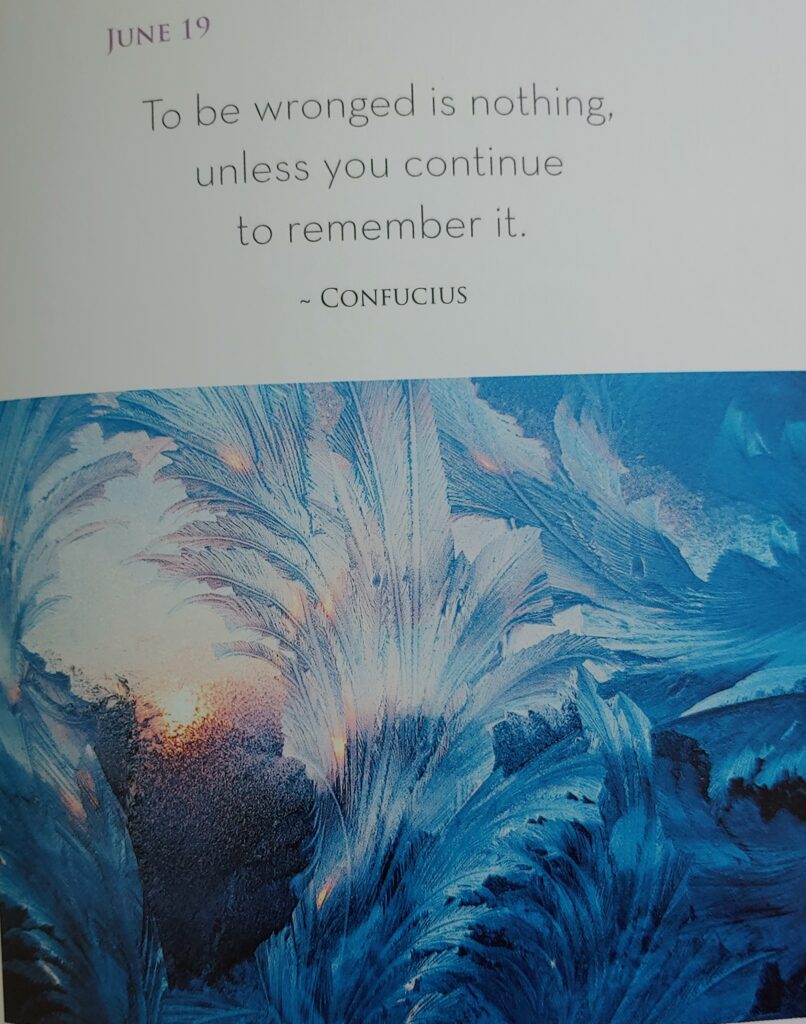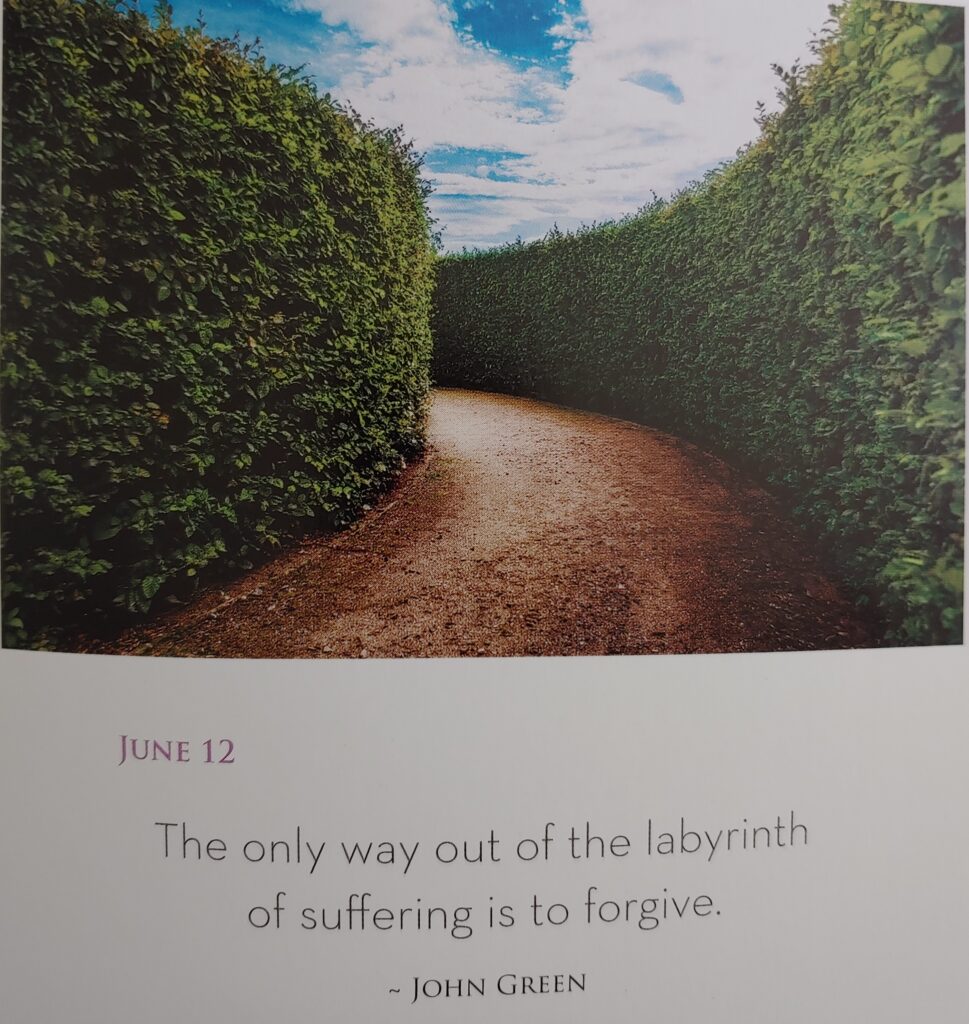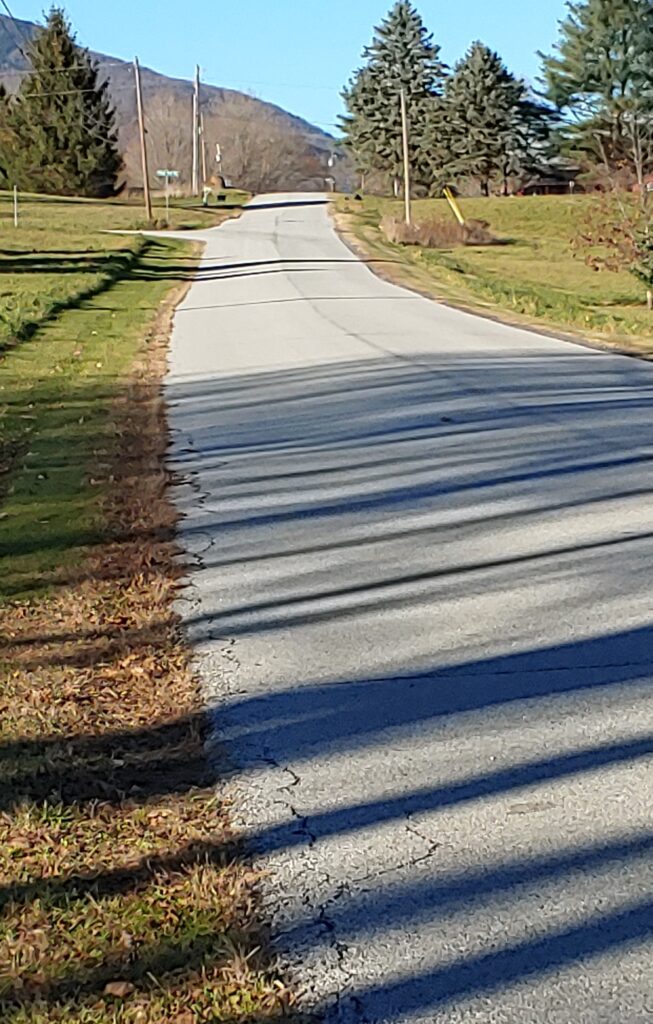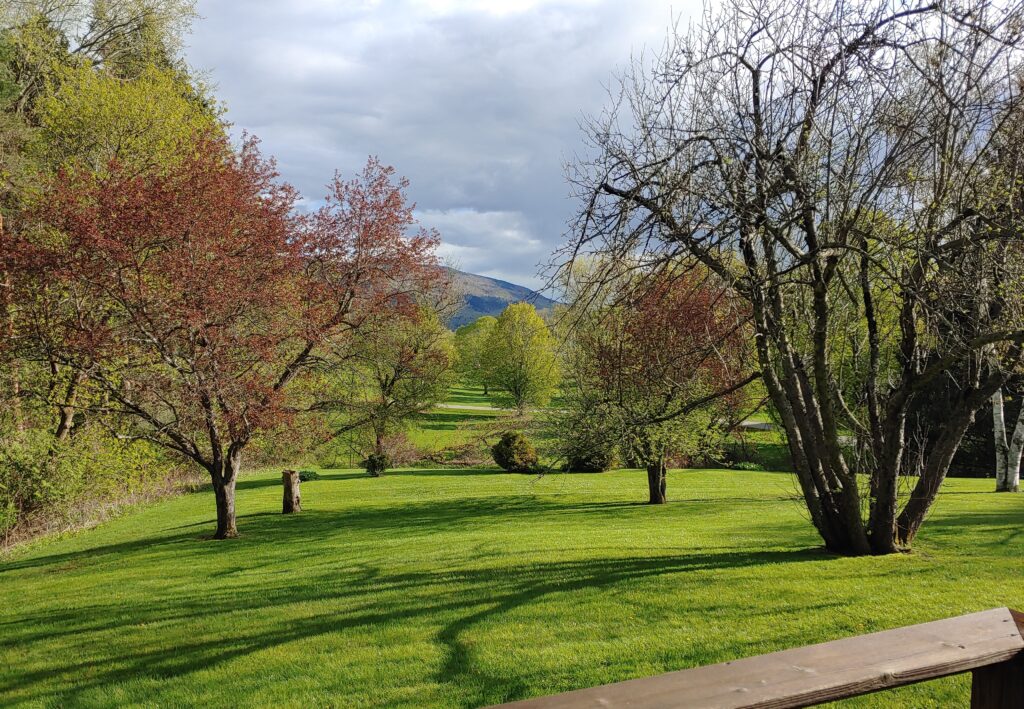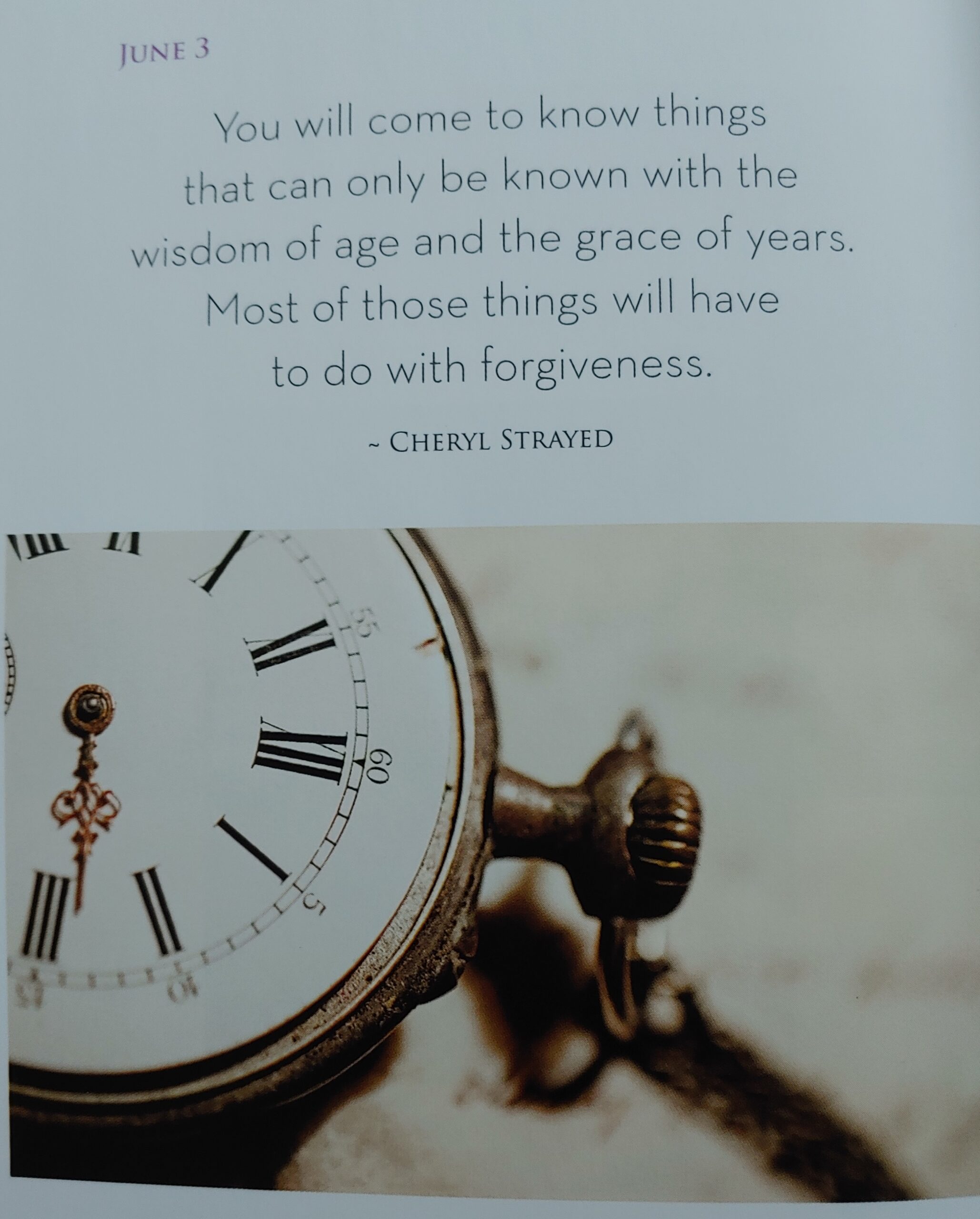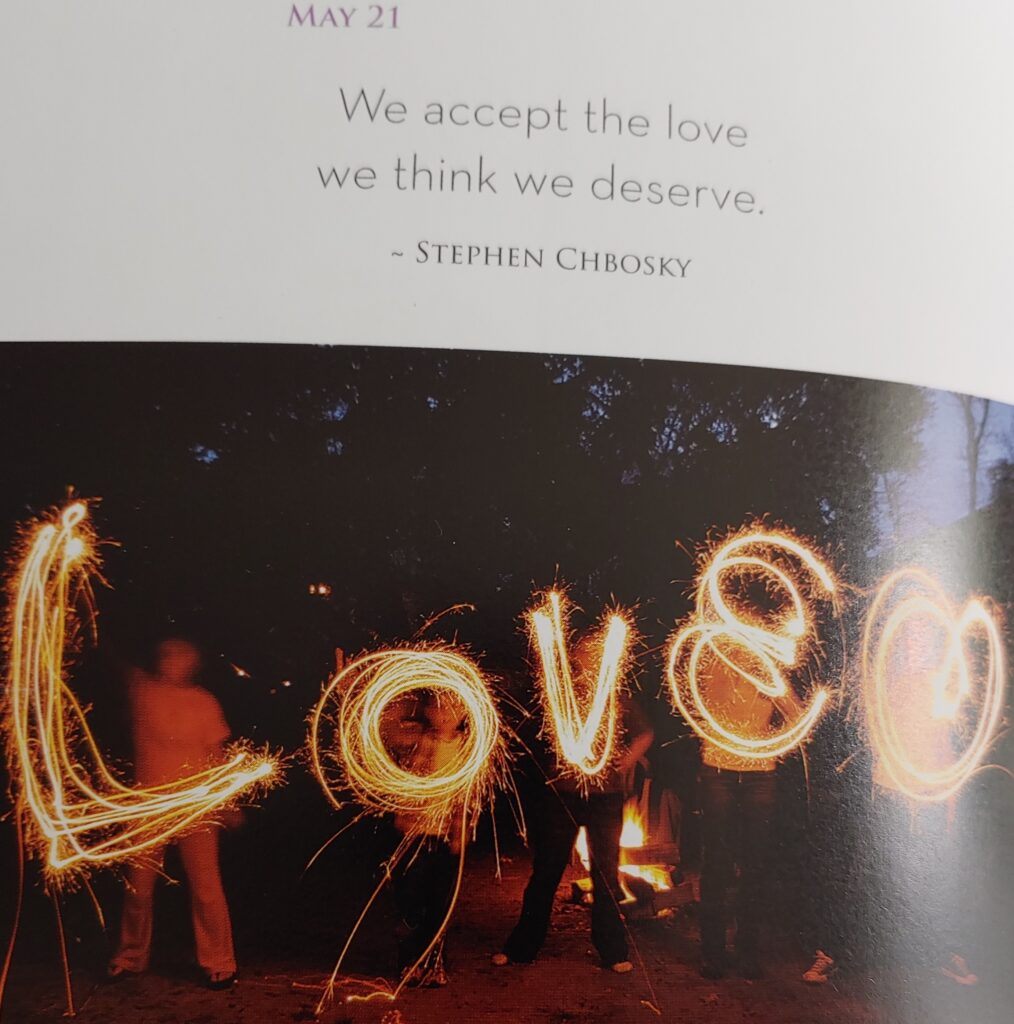“What is your vocation? To be a good person.” Marcus Aurelius, Meditations, 11.5
The Stoics believed, above all else, that our job on this earth is to be a good human being. It is a basic duty, yet we are experts at coming up with excuses for avoiding it.
Ryan Holiday and Stephen Hanselman, The Daily Stoic: 366 Meditations on Wisdom, Perseverance, and the Art of Living, New York: Portfolio/Penguin, 2016, p. 165
One of my family’s core beliefs: you weren’t put on this earth to be miserable. Most often, it came out when one of us had been dealing with a difficult situation or person over a long enough period of time to warrant some kind of change – this affirmation that none of us was meant to live a miserable life.
On occasion, it was used in the other sense – none of us was meant to be the cause of suffering and misery for others. This wasn’t because the lives of others were of lesser value, but because there were other ways of saying the same thing that were more frequently said: treat others as you want to be treated; if you can’t say anything nice, don’t say anything at all; how would you like it if…; you were put here to be a gift to the world.
You would think it goes without saying that all of us have a responsibility to be good to others and to be good to ourselves, that such a thing is too obvious to miss, but it isn’t true. What’s left unsaid is easily forgotten or ignored – and the world is the lesser for that omission.
Say it in whatever person’s words work for you – Marcus Aurelius, Gandhi, Malala Yousafzai, or Mother Teresa. Or go with the classic:
He has told you, O mortal, what is good; what does the Lord require of you but to do justice and to love kindness, and to walk humbly with your God? Micah 6:8, NRSV
